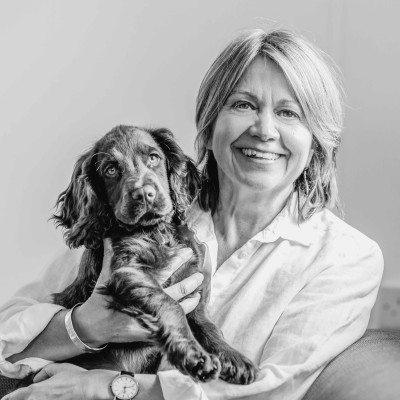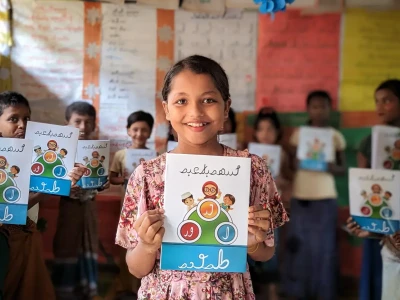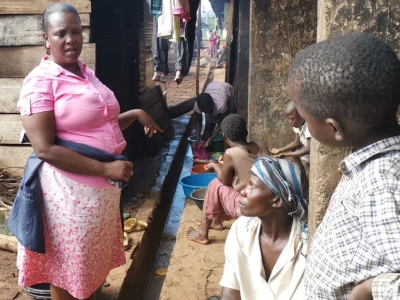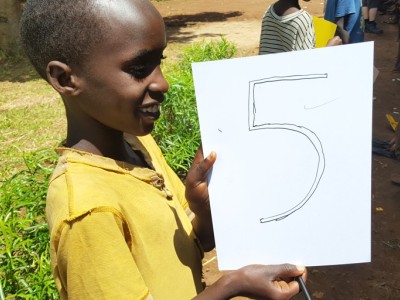Within five years, our work had led to the closure of those dreadful institutions. We were young and stupid enough to think we could change the childcare system in Romania. Anita believed we could. And we did.
By 1992, we set up ‘Children on the Edge’ in an official capacity, together with The Body Shop. By this time, we had developed considerable expertise in working with institutionalised children, successfully integrating around 4,000 back into the society that had rejected them and creating brighter futures.
The charity grew, and we continued to apply what Anita had taught us: to trust your gut and always listen to people on the ground, who know the culture and understand the needs of their own people best.
Anita continued to guide and encourage me. She knew that when you are young you have the energy and the ideas. At a time when I wasn’t being listened to, Anita listened. She would use her influence to ensure I was taken seriously by decision makers.
For example, when at a refugee camp I became frustrated when the bigger aid agencies were discussing building shower blocks, and the conversations were going nowhere. I had suggested providing mobile showers, so we could meet the needs of refugees flexibly, but I was laughed out of the room.
A week later Anita showed up and I told her about my shower idea, she immediately put it forward. People listened to her, and within 3 weeks we had them manufactured.
Over 30 years later, I strive to lead Children on the Edge with the same spark Anita began it with, and The Body Shop was a faithful pillar of support for over 30 years.
At Children on the Edge young people's voices are at the centre of everything we do. The young people we meet on the ground in every country we work in are so often the ones with the best ideas for what needs to change. They must never be overlooked.
Today, we continue to adapt and respond, always working on the “edge” for a world where every child can thrive, regardless of their gender, ethnicity, caste or geography. The 'edge' in 1990 was the institutionalisation of children in Romania, and today, the 'edge' is refugee children; stripped of their rights to education, and denied their chances of a brighter future.
Education breaks ongoing cycles of displacement and poverty, and the classroom creates a place where hope can begin, and children can start to flourish.
We now provide education for thousands of refugee children who have fled persecution, conflict or violence. Our award-winning programmes use innovative ways to enable access to education, working alongside local communities to find the best possible solutions.
We train refugee teachers so that children can learn in their own dialect, from familiar, trusted adults that understand them and our classrooms are fun and colourful environments where children are safe and can learn to express themselves.






